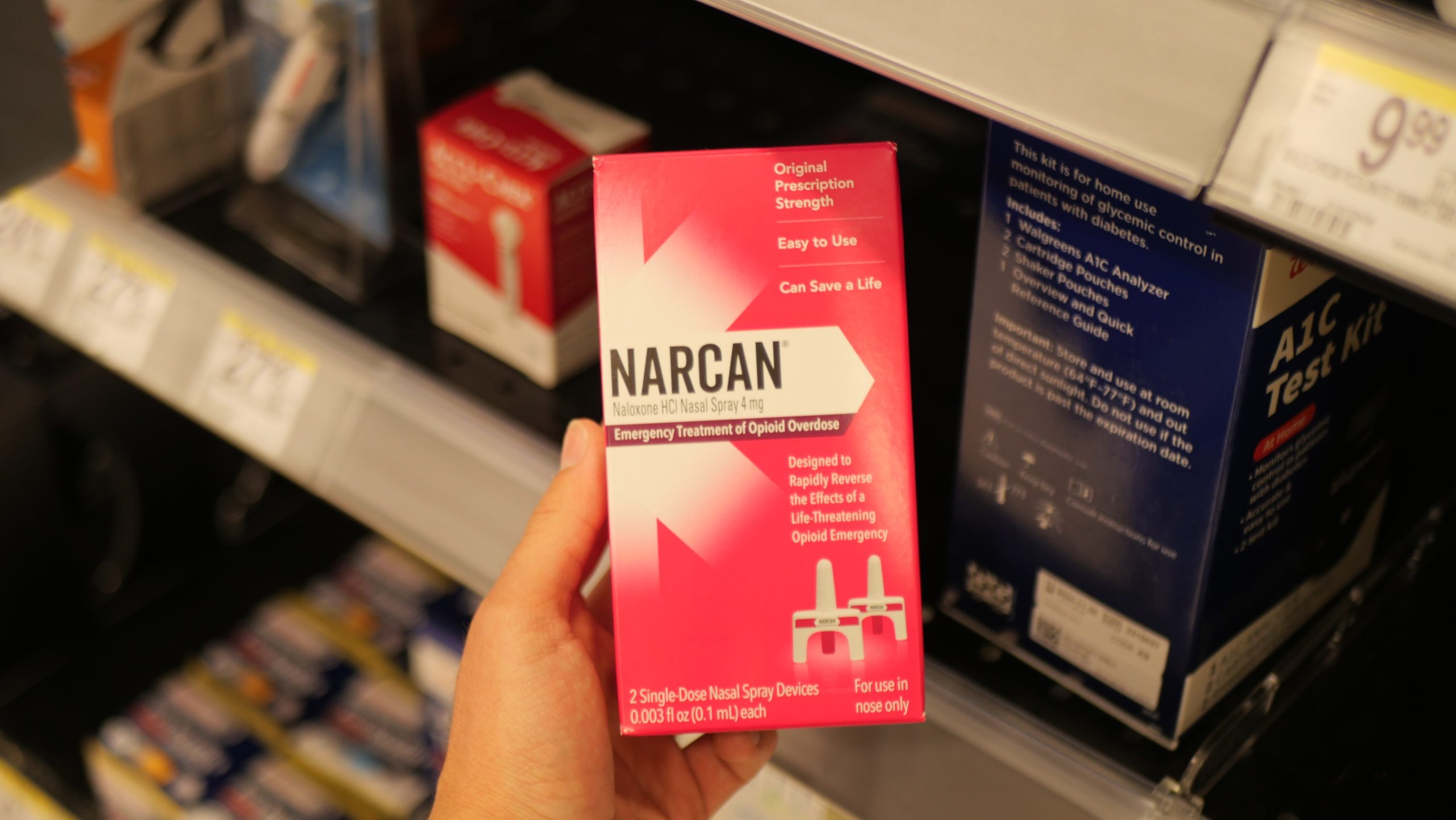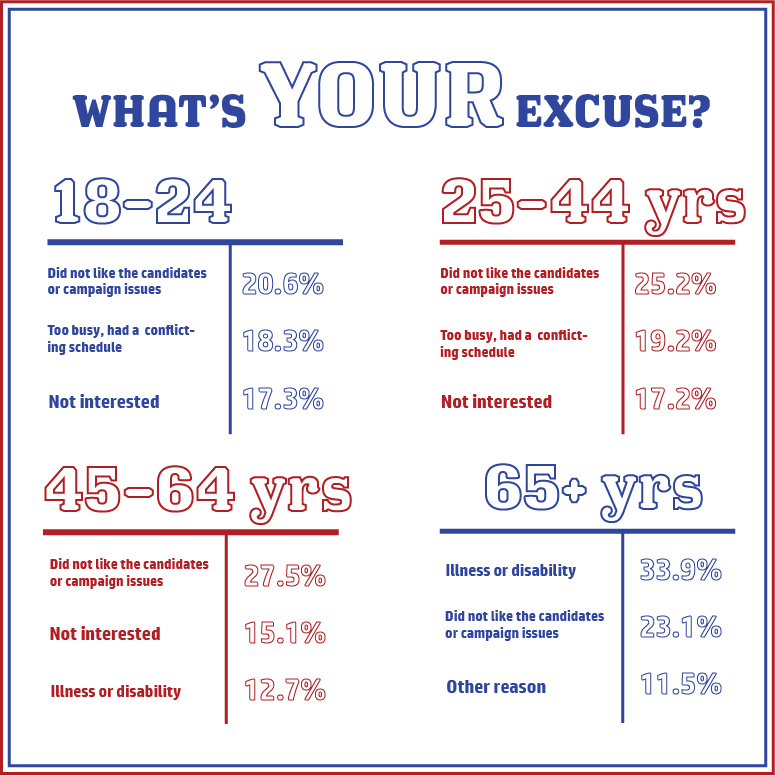Three years after voters passed Measure 110, political groups in Oregon propose to reinstate the criminalization of controlled substances. Those speaking out against the measure’s current structure cite the increasing number of overdose rates in recent years and an increase in houselessness due to the measure’s lack of pre-existing infrastructure to support those dealing with addiction.
What is Measure 110?
Passed in Nov. 2020, Measure 110 decriminalized the possession of drugs—the most ambitious act in a series of policy changes. Many Oregonians were ready for a change. Over half of Oregon residents voted in favor of the measure after decades of a worsening drug crisis.
In 2014, the Justice Reinvestment Initiative aimed to reduce the unnecessary confinement of individuals. In 2017, Oregon defelonized possession of drugs, turning it into a misdemeanor. In 2020, Oregonians deemed a complete decriminalization of personal amounts of controlled substances a progressive yet logical next step.
There are two parts to Measure 110. First, the decriminalization of possession changed from a misdemeanor to a Class E violation, punishable with a $100 maximum fine, which can be circumnavigated by enrolling in a treatment program.
The second part of the measure reallocates funds to expand access to addiction treatment.
Criticisms against the measure
Overdose rates have increased dramatically in recent years. According to the CDC website, in 2017, 2018, 2019 and 2020, the overdose mortality rates per 100,000 persons in Oregon were 12.4, 12.6, 14 and 18.7, respectively. In 2021, the latest year of data available, that number increased to 26.8.
Emerson College Polling recently conducted a survey on repealing Measure 110. “A majority of voters (56%) think the measure should be repealed completely, while 45% think it should be left as is,” the survey stated. The Foundation for Drug Policy Solutions (FDPS)—an organization which has taken a stance against Measure 110—commissioned this survey.
In addition, the survey discovered that 54% of voters identified with the belief that Measure 110 has increased houselessness. In comparison, 36% believed it has not affected houselessness, and 8% believe it has decreased houselessness.
Another organization, the Coalition to Fix and Improve Measure 110, has filed two petitions aiming to make significant modifications to Measure 110. Both proposals would make personal possession of controlled substances a crime. Additionally, one offers a pathway for those charged with misdemeanor drug possession to have their records automatically expunged after completing drug addiction treatment and probation.
The Coalition has a wide cast of influential members, including Nike Co-Founder Phil Knight and Columbia Sportswear CEO Tim Boyle.
Max Williams—recent CEO of the Oregon Community Foundation and former director of the Oregon Department of Corrections—is another key member. Williams helped write the proposals using his background as a senior lawmaker.
“Measure 110 was a lot about meeting people with addiction where they are,” Williams said. “And my problem with Measure 110…[is that] for a lot of those people, we’re leaving them there. So the modifications we’re proposing are [not just to] meet them where they are, but to not leave them there.”
One of the Coalition’s proposed measures includes mandatory drug treatment for charged individuals instead of the voluntary treatment which Measure 110 currently offers.
“One of my biggest complaints about the way measure 110 happened—the idea that we would make the decision to decriminalize the drugs first, before we had constructed any of the infrastructure to implement,” Williams said. “This is a great crime.”
Another criticism of Measure 110 is that Oregon did not have a support system prior to decriminalization, such as effective treatment programs and alternatives to law enforcement.
“The people who don’t want the modifications we’re talking about say ‘we just need more time and it’ll work…’” Williams said. “Well, we’re three years in, and if it needed more time, then we should have thought about that before we pulled the trigger.”
Is Measure 110 the issue? Is it COVID-19? Or is it something else?
Kelsey Henderson is an associate professor of PSU’s criminology and criminal justice department. She worked on a study earlier this year which researched the impacts of recent drug policy shifts. The study is the first part of a much longer planned series of reports. It looks into the perceptions and behaviors of Oregon law enforcement following these policy changes, such as Measure 110.
“When measure 110 took effect, it was right at the almost exact same time that we started to see the COVID-19 stay-at-home orders coming down from governments,” Henderson said. “So we have seen a very dramatic spike in overdoses in Oregon, especially in those early years. However, we see that in other states, and they didn’t decriminalize. So it’s really hard to attribute that to measure 110.”
The CDC reports show how drug overdose rates have risen dramatically nationwide, with a substantial increase after the pandemic.
Henderson pointed to the state’s ongoing public defense crisis as another contributing factor to the problem.
“In some counties in Oregon—especially the larger ones like Multnomah—there’s great difficulty to appoint lawyers for indigent defendants,” Henderson said. “So cases are being kind of held up. There’s just this huge backlog going through, and it’s actually risen up to the appellate courts in Oregon. So things aren’t being processed at a rate they should be.”
Henderson also cited fentanyl as another potential agent in heightening overdose rates. “It does seem like the Fentanyl crisis has kind of shifted the game, so to speak,” she said. “Whether or not [it has shifted things] and how that impacts policy is not for me to say.”
Some have pointed fingers toward law enforcement behavior as a potential contributor to Measure 110’s perceived ineffectiveness. Henderson’s study found that officers frequently showed reluctance when issuing citations to those found in violation of personal possession policies. In theory, Henderson said this could reduce incentive for users to find treatment and prevent them from learning about what treatment opportunities exist.
“[Law enforcement] are typically one of the first faces that folks will encounter in a lot of these situations,” Henderson said. “For example, if the goal of decriminalization was that officers give out citations [and] they’re not, then that is a very important piece of a puzzle in terms of policy implementation. Because then—if that’s the only method for folks to actually be connected with services—that makes mistakes.”
Public perspective
Drug Policy Alliance (DPA) helped in the writing of Measure 110. With a focus on “building a future shaped by love, not war,” DPA aims to evolve from drug-war tactics in favor of social outreach and treatment initiatives. A press release on DPA’s website stated how “addiction experts say petitions filed today against Measure 110 will increase costs and reduce addiction services.”
On its website, DPA cites statistics condemning the various aspects of drug criminalization, including one study published earlier this year which found adults released from prison were 27 times more likely to die from drug overdose.
Portland State students who responded to an online survey about Measure 110 largely concurred that the measure should stay in place.
“I think people are too quick to decide,” stated an anonymous student in response to Portland State Vanguard’s online student survey. “There are so many people [who] are confusing legalization with decriminalization and aren’t noting the difference… I still stand by the fact that we cannot have a true answer about the measure due to the fact that it was implemented right before one of the most trying times in recent history. Decriminalizing drugs will not make them go away, it will simply make it harder to access the resources that people struggling with addiction need.”
Other anonymous students agreed with addendums.
“I support decriminalization, but it’s pointless if the rehabilitation system is not up to par to handle the demand,” a second anonymous student stated. “Also, as someone who has worked with the drug addicted population, there is a small portion of the population that would refuse assistance, and they should be criminally punished after repeat offenses and refusals for assistance.”
“Measure 110 was a success,” a third anonymous student stated. “While shocking to some, drug use did not increase due to Measure 110, rather it became more obvious to those who ignore it. While we do need more resources, repealing measure 110 isn’t the answer. Ethical harm reduction and easy and ample access to resources is.”






